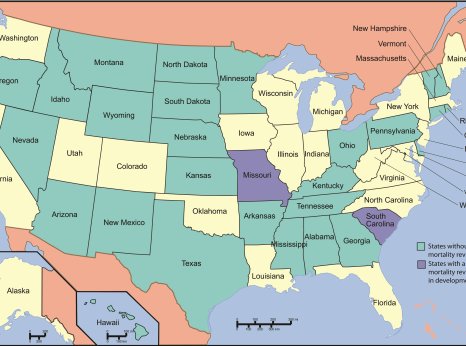USA: Shut down “alligator alcatraz”

The Everglades Detention Facility, also known as “Alligator Alcatraz”, opened in July 2025, with the capacity to detain around 3000 people. The facility, located in a swampy region of Florida, a state in the southeast corner of the USA, is part of the Trump administration’s efforts to massively ramp up immigration detention and deportations. It is also emblematic of the administration cruel and racist attacks against migrants and people seeking safety. Around the time of the facility’s opening, President Trump said that the detention facility will teach the individuals detained there “how to run away from an alligator”. The Florida Republican Party (the political party that Trump is affiliated with) tweeted: “Florida’s gator-guarded prison for illegal aliens. Surrounded by swamps & pythons, it’s a one-way ticket to regret.”
Mere days after opening, reports of the facility’s appalling and inhuman conditions emerged, including: unsanitary conditions, with inadequate access to clean water, hygiene supplies, and proper sanitation; lack of adequate medical care, despite housing individuals with chronic illnesses and urgent health needs; minimal access to lawyers and legal information, undermining the ability of individuals to challenge their detention; psychological harm and fear due to the facility’s location in a dangerous and isolated environment.
Immigration detention has long been a problem in the United States, with a history of abuse and cruel conditions. Nevertheless, the US has continued to fund increased detention without improved conditions. As of 13 July 2025, 56,816 individuals were detained by US Immigration and Customs Enforcement (ICE) in more than 100 facilities across the United States. Enhanced enforcement and detention as part of the Trump administration’s plans to remove at least one million individuals from the US in 2025 are resulting in overcrowding and deteriorating detention conditions. In 2025, there have already been 13 deaths in ICE custody, which is more than the total number of deaths (12) in 2024. Most recently, President Trump signed H.R.1, the so-called “One Big Beautiful Bill”, into law, which directs $170.7 billion USD toward immigration and border enforcement over a four-year period ending in September 2029.
“Alligator Alcatraz” is a new type of facility that is being operated and paid for by the State of Florida, rather than the federal government. While Florida is expecting reimbursement for the costs of the facility from ICE’s new influx of funds for immigration enforcement, it also sets a dangerous precedent for how states can partner with the federal government to expand the reach of its mass detention and deportation machine. The State of Florida has also passed laws that criminalize migration and permit racial profiling.
Immigration detention is only allowed in the most exceptional of circumstances. The enjoyment of personal liberty must remain any individual’s default condition. Migrants, refugees, and asylum seekers, like anyone else, must benefit from a legal presumption of liberty. As a consequence, if they are subject to any deprivation of liberty, it must be clearly prescribed by law and strictly justified by a legitimate purpose that is necessary, proportionate, and non-discriminatory. Detention is only appropriate when authorities can demonstrate in each individual case that it is necessary and proportionate to the objective being achieved and on grounds prescribed by law and that alternatives would not be effective. A limited number of specific purposes are recognized as legitimate grounds for detention under international standards, including verifying identity and preventing a person from absconding following an objective assessment or flight risk. States have an obligation to ensure that conditions of detention meet international human rights law and standards, notably that the conditions of detention are humane and the human rights of detained individuals are respected. This includes protection against torture, cruel, inhuman, or degrading treatment; access to medical care; exercise; and the ability to communicate with the outside world including consulates, attorneys, and family. ICE also has Performance Based National Detention Center Standards that require access to legal resources, telephone, clean and secure detention conditions, recreation time, nutritionally-balanced meals, and medical care.